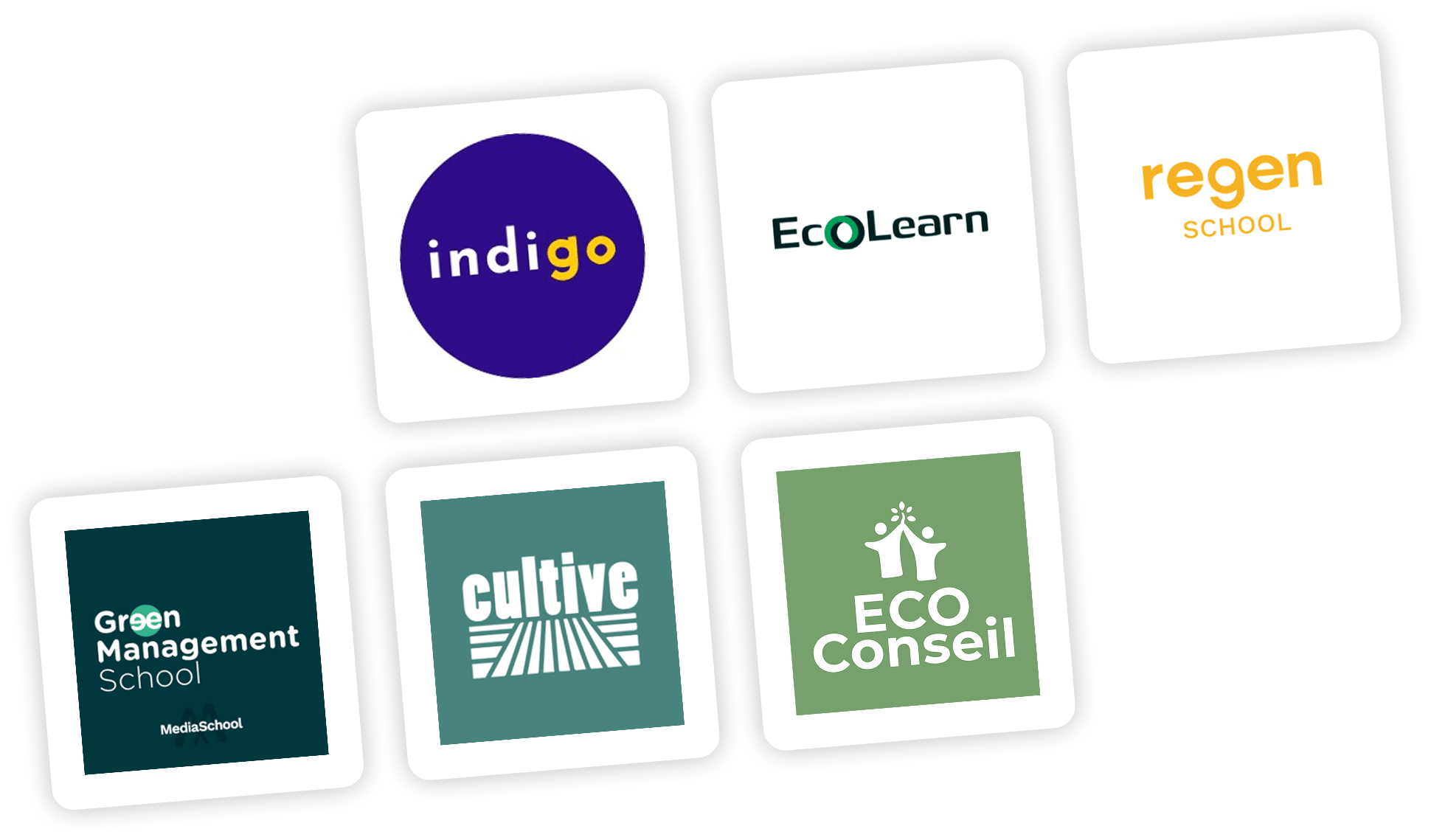Tips for promoting human safety at all levels
The concept of human security was created exactly 30 years ago by the United Nations Development Program (UNDP). The UNDP wanted to address security in all its complexity. The concept includes not only protection against personal and political aggression, but also against health, economic, food, environmental and community risks. The 1994 report broadens our understanding of the risks we face, and shifts the focus from national security to the security of people in their communities. Many well-established states neglect, or even harass, whole sections of their populations: minorities (ethnic, religious, sexual, disabled, etc.), age groups (children, the elderly, etc.) or even a majority such as women. These are people whom leaders are either unwilling or unable to protect, as in the case of environmental disasters.
Human safety is thus a multi-faceted issue (family circle, school, street, access to employment, discrimination, harassment, etc.), and protection becomes the job of many players. Perhaps even all of them. For, today, the question arises of the different social spaces we inhabit. How can we make them safer, more caring and more conducive to everyone's dignity?
In concrete terms, what does it mean to act for human safety in the workplace? 3 inspiring profiles
Guillaume du Souich, a painter and active member of the community movement, has strengthened his commitment as a municipal councillor in Villejuif. Aware of the importance of developing dialogue-based practices, he co-created a mediation brigade within the municipal police force. Having achieved this first objective, he went on to train at the Institut Catholique de Paris to acquire essential knowledge of security issues, crowd management and psychology, which he already applies in his discussions to defuse conflicts. wishes to go further by training and disseminating best practices within the municipal council or other city institutions.
Lysithéa, a lawyer and coordinator of an Asylum Seekers Reception Center, first completed a law degree, then took the NOHA (Network of Humanitarian Action) Master's degree to specialize in “law and humanitarian action”. After studying the law of armed conflict, the protection of civilian populations and post-conflict reconciliation processes, she felt the need to take an interest in the different methods of intervention available in this field. The DU Intervention Civile de Paix is a comprehensive training course on civil peace intervention methods, and enabled me to discover this field.
Fanny Boone co-founded the French TTT Association, dedicated to emotional support. Fanny expresses her desire to build a world where everyone can flourish, emphasizing the importance of training in civil peace intervention to embody this positive change. As a trainer and consultant, she sought to acquire skills for systemic conflict analysis and resolution. So, in 2023, she took the Diplôme Universitaire en intervention civile de paix at the Institut Catholique de Paris, attracted by the study of the practical aspects of non-violence.
Tips for individual and collective action
1. Securing the political and social spaces we inhabit
At a time when inequalities are exploding, environmental disasters are multiplying and violence dominates the media and politics, it's legitimate to worry. Yet concepts and tools for rethinking and working on our human security do exist, and are mobilized on a daily basis by citizens' collectives.
The first battleground is the law. The last few years have taught us that no right is sustainable unless it is embodied: not refugee rights, not women's rights, not a free press, not social rights, not the right to vote. We can inform ourselves and commit ourselves to our personal, social and professional rights, and to those of those around us, our elders, our neighbors, and so on. We share responsibility for reminding public authorities, managers and influencers of their primary duty to respect the law.
Other fields of struggle exist, such as conflict analysis, which non-violent collectives are now using to document social and environmental struggles that are often criminalized, to observe the forces of law and order, and to accompany threatened journalists and trade unionists. The same attention to the fragility of others is required in professional, religious, sporting and family settings. Of course, not everyone is qualified to hear stories of extreme violence. But we can all, in our own way, work on welcoming, paying attention, observing, listening empathetically, accompanying others, and so on.
2. Developing skills for human safety
In a world undergoing rapid transformation, we are called upon to walk together as watchmen or watchwomen for the fellow travelers we have been given. But watchmen of a different order, whose skills include mapping tensions, knowing rights, active and benevolent listening, mastering codes of confidentiality, mediation, non-violent communication, interposition and so on. Last but not least, the benevolents who, discreetly, act as trusted referents; relays at the crossroads of the professions of care (doctors, nurses, firefighters, humanitarians), bonding (social workers and assistants, mediators), order (gendarmerie, municipal police, security agents) and transformation (journalists, teachers, trade unionists, activists, elected representatives).
3. Adapt, commit, train
At a time when we are entering the Anthropocene, the latest UNDP report on human security reminds us of the need for solidarity between all those involved in protection. One of the beauties of mutual aid in human security is that it highlights how everything is interlinked: the practice of citizen accommodation strengthens those who receive as well as those who give; nomadic or night-time mediation in working-class neighborhoods rebuilds social ties and limits crime; the 'Ask Angela' scheme makes women feel safe in public spaces and changes street norms; the mountain men of Briançon, who went in search of migrants lost in the snow-covered Alps, saved lives and perhaps our honor.
The Institut Catholique de Paris has long been reflecting on future transformations and human resilience. Among the training courses it offers, the DU intervention civile de paix offers a unique method for encouraging every professional to rethink his or her role in civil protection. Based on the non-violent work carried out for decades in conflict zones by the diploma's partner organizations (Nonviolence Peaceforce, Peace Brigades International, etc.), a mixed academic/professional teaching team shares the key tools for contextualized, renewed and supportive human security.



